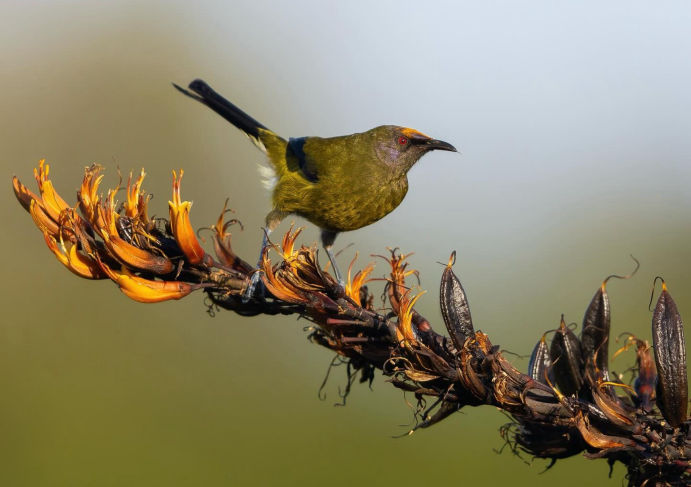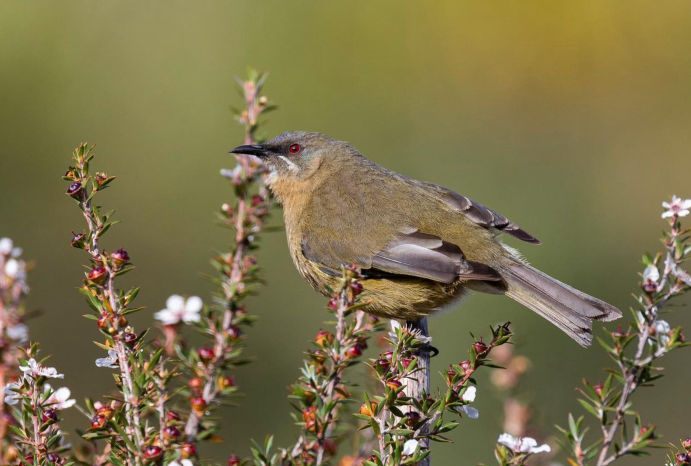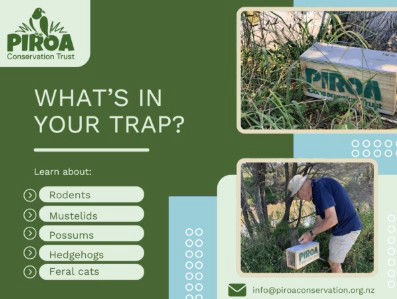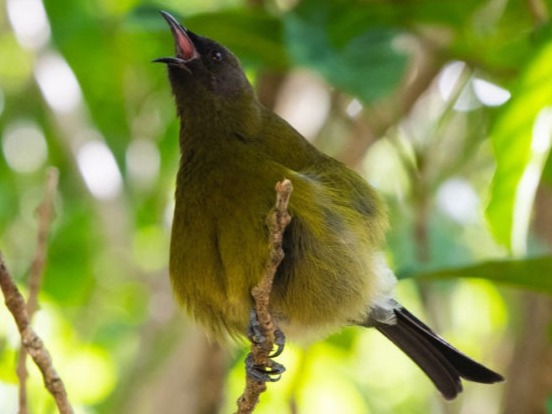Project Bellbird: Bringing bellbird back
Imagine waking each morning to hear the distinctive song of New Zealand’s native bellbird outside your window. Project Bellbird aims to bring the Waipu community together to control rats and possums in the village, and restore habitat in nearby areas, so that the bellbirds and other native wildlife come back to Waipu.
With its distinctive song, the bellbird is an iconic NZ species that is not regularly heard in Northland but as a result of conservation efforts, including extensive pest control across the ranges, the bellbird is gradually returning including birds successfully breeding in several conservation blocks. Its appearance in Waipu gardens will be a sure sign our ecosystem is recovering and we’re getting it right with predator control.
Project Bellbird aims to get everyone in Waipu working together to restore nature, protect our native wildlife, and build a predator-free future. The project aims to:
1: Reduce rats and possums in the Village by encouraging households and businesses to set traps on their properties.
2: Create an ecological corridor for the birds from the Waionehu Stream catchment to Waipu Village, working with landowners to restore habitat and trap predators.



